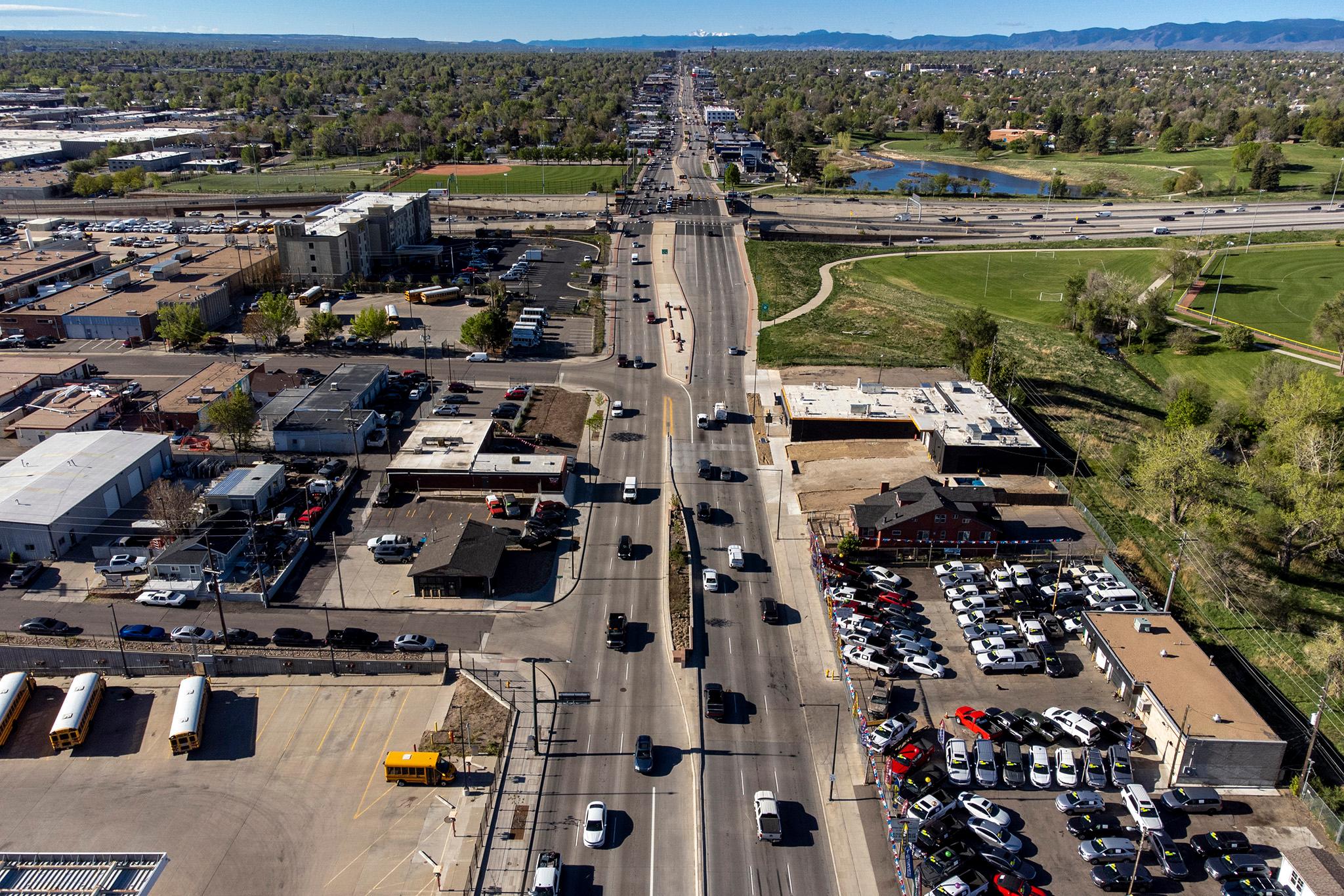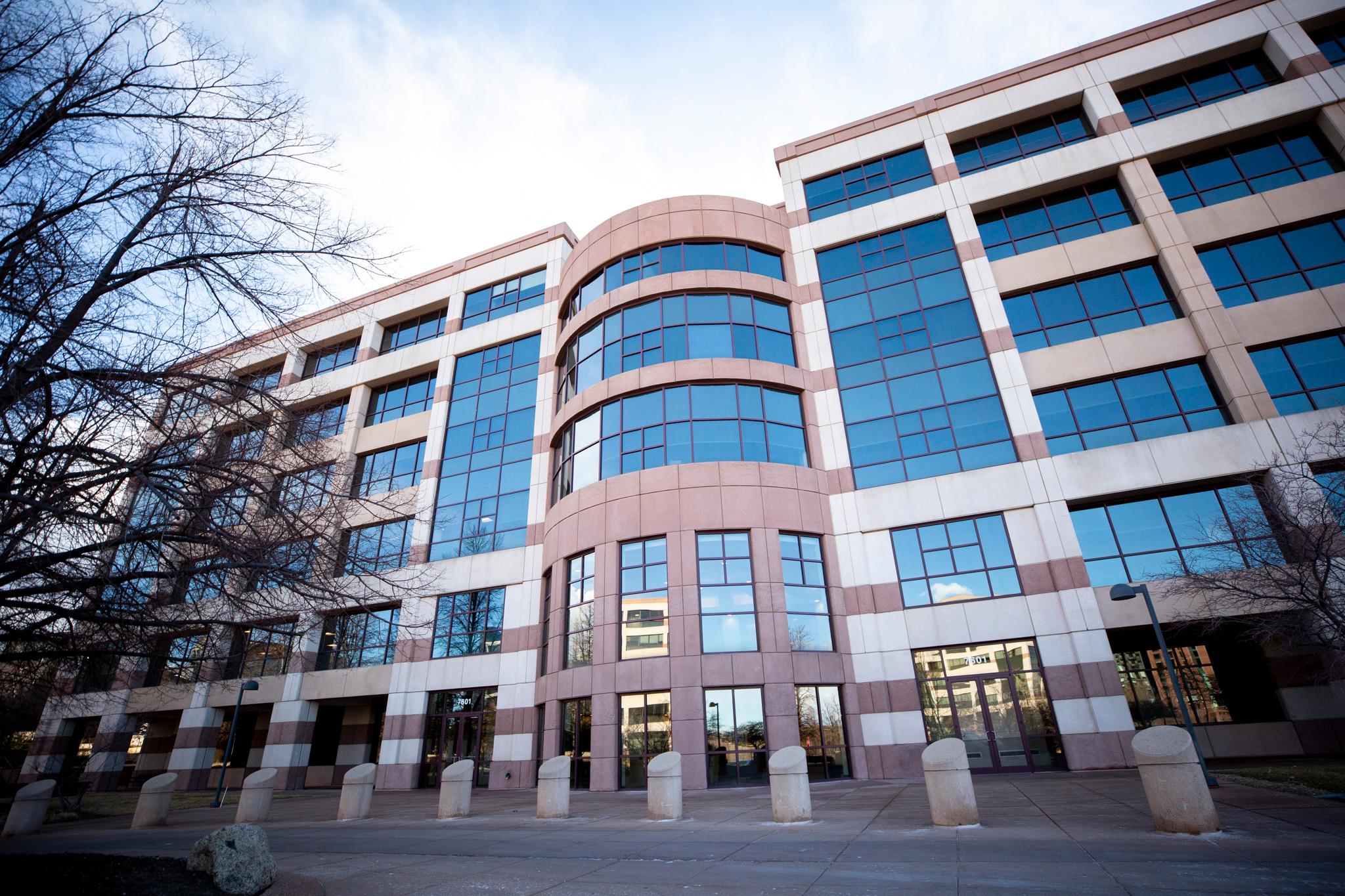Five years ago, Bob McCormick moved Colorado to live closer to his grandkids. He chose West Highland because amenities were close. He was still suffering from old football injury that ravaged his hips and knees, and he could walk little more than the few blocks it took to reach nearby services.
What pained him more was a feeling of loss that humans in the U.S. and across the world weren't living with a sense of responsibility for those who would come after us. The 69-year-old took care of his body first, got his hips and knees replaced, and then turned his attention to those bigger issues. About 10 days ago, McCormick woke up in the middle of the night with an idea: he would walk to Washington, D.C.
More than just talking, it was a something that he could do that might bring attention to what he calls "intergenerational justice," attention to how peoples’ actions now may affect his grandchildren and their grandchildren after them.
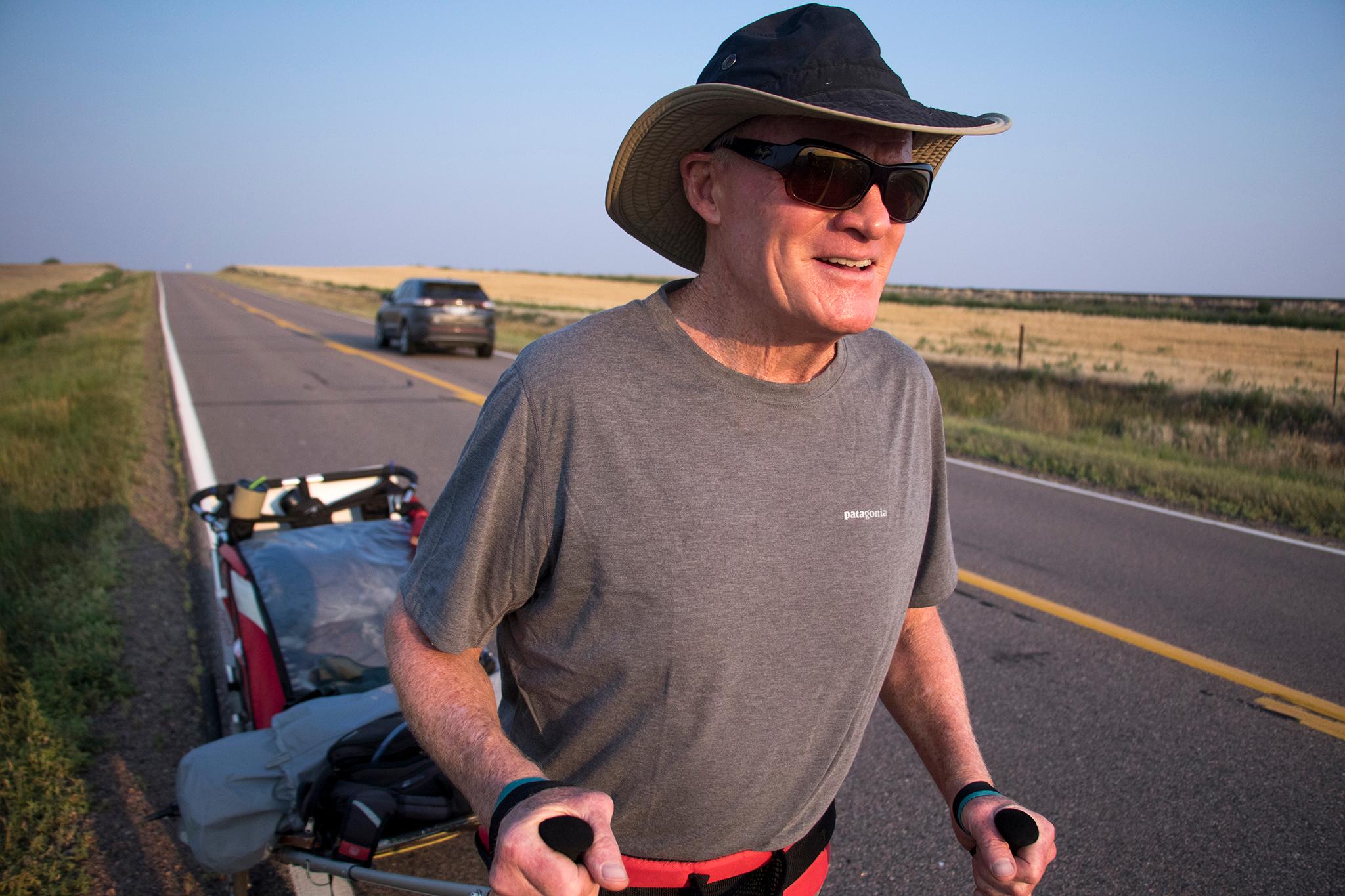
On Thursday, just after dawn, McCormick set out pulling a trailer loaded with camping supplies and provisions. He began out on Route 36, east of the city, to begin what he expects to be a journey that could last as long as four months.
McCormick is planning on camping most of the way as he travels east. While he has a crowdfunding campaign to help cover some expenses, he said he’s mostly relying on his own funds and the $2,500 worth of gear he picked up this week at REI. When he gets to Washington, he hopes he might get a meeting with senators Cory Gardner or Michael Bennet, though he said he has no expectations. He just hopes someone gets his message.
Intergenerational justice, he said, “is just another facet” of human rights, in line with economic, gender and racial justice.
As he walked along 36 with trucks flying by, he asked: “There could be millions of generations that follow us. Do we owe them anything?”
Much of his ideas are centered around environmental issues — climate change and waste that future generations have to deal with.
“We can’t just keep putting carbon in the atmosphere and hope that it goes away someday,” he said.
He also pointed to war and inequalities in education as part and parcel with humanity’s stewardship for the future.
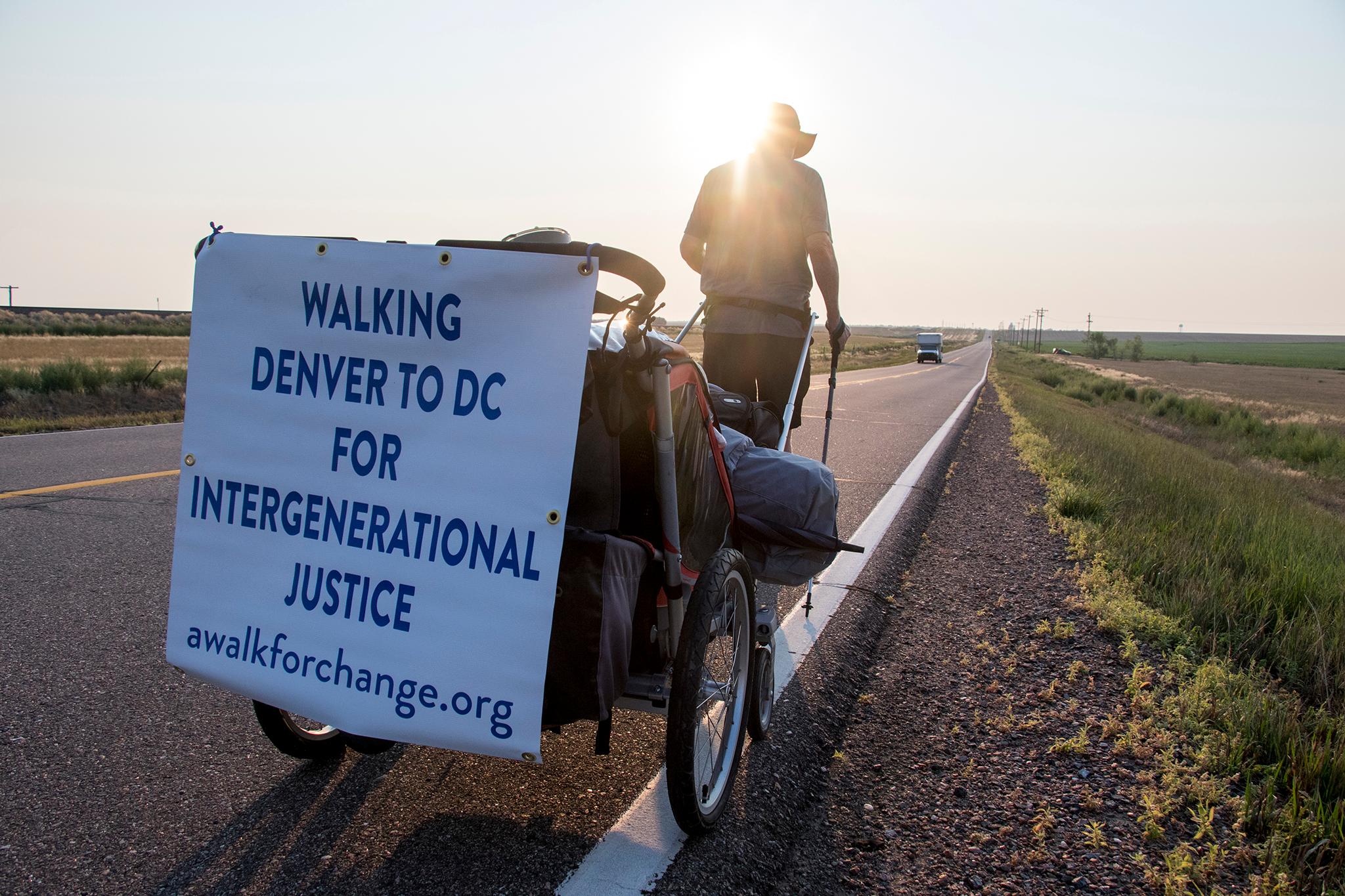
Why, one might ask, does this problem persist?
Humans are still a relatively young species, McCormick said. Two-hundred thousand years of existence might seem like a long time to some, but the way he sees it, there have only been 24 generations or so since the printing press was invented in 1440 (he’s rounding the time elapsed since then to 600 years then dividing by 25 as a ballpark).
“If you use the same logic, only four generations have ever experienced flight.” he said, “Three generations, television. Two, a computer. One generation, the internet. So when you talk about why haven’t we caught on, we’re pretty new. In my way of looking at it, we may be in the adolescent stage of human development. You know, like you have a teenager that doesn’t bother picking up his stuff, you assume somebody else is going to take care of it. It’s not a stretch to me to think maybe that’s where we are.”

Maybe this particular rendition of society is adolescent, anyway. The Iroquoi has long placed emphasis on a seven-generation horizon in their day-to-day activity.
But McCormick has hope that humanity will get itself together and start thinking further down the line.
“Maybe we’re turning a corner, I hope,” he said. “It’s a ways to go I’m sure.”
McCormick said he’s a little concerned about his health and safety along the way, but he’s an optimist. He’s going to try to hoof 8 miles a day or so at the start, but notch it up to as far as 18 miles as he makes his journey. He says he’ll probably be in pretty good shape when he arrives.
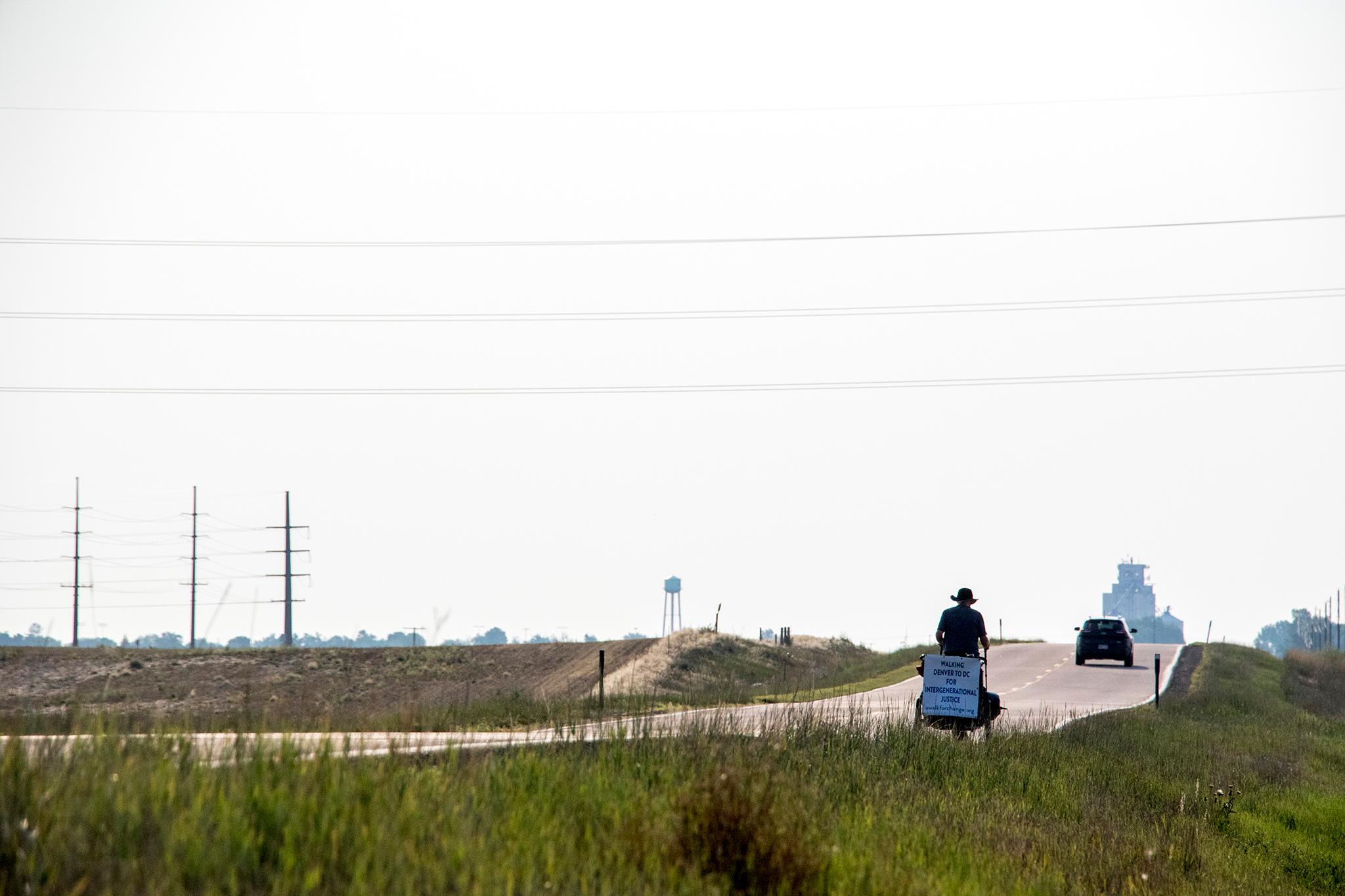
A search on Google maps pegs his journey right around 1,600 miles. Lucky for him, it’s generally a downhill trek. As he walks, he’ll have plenty of pretty scenery and deep thoughts to think.
“We’re geared toward personal and national success right now,” he said, summing it up before chasing the horizon with his cart. “I just really think that if we’re not in sync with the needs of future humans, we’re not in sync with ourselves either.”
You can follow Bob's journey on his website.


